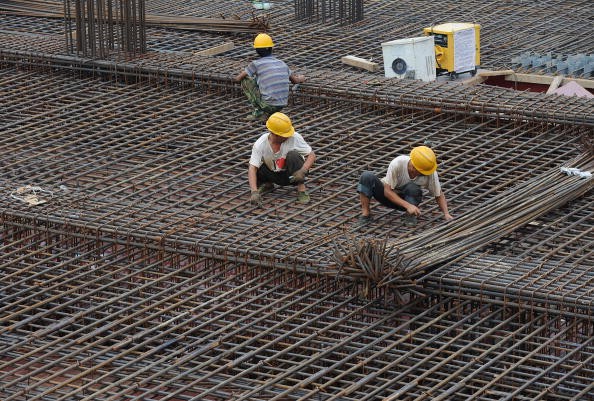While Chinese authorities have introduced restrictions on property investments in Anhui Province last year, property speculators continue to invest in China's property market, especially in Hefei, hoping that the government will ease the curbs on the sector to support growth, Reuters reported.
As one of the hottest property markets in the country, Hefei became the target of government curb aimed at preventing the speculative selling of property at high prices. But some investors defy the restrictions and kept their holdings.
"Prices have only gone up in the past... The government will not let the market correct as long as property is still the pillar of economic growth," Zhou, a businessman who owns multiple homes in Hefei, said.
According to analysts, speculators have misjudged the government intention and warned that curbs would be stricter in the future.
Hurun Research Institute and real estate agency Global House Buyer said that new prices of homes in Hefei increased by 48.4 percent last year, the fastest in the world.
But due to restrictions imposed by the government since October, sales and price increase have slowed in Hefei, which affected speculators who comprised more than 80 percent of the market.
The report, however, said that investors appeared unaffected as a recent survey by a local property commentator showed that only 21 percent of the 5,036 people polled believed that home prices in Hefei will drop this year.
This happened because of the government's "seesaw" approach, in which it carried out three major cycles of property curbs, limiting the price growth when the growth becomes uncontrollable and then easing the restrictions to prevent collapse.
Centaline, a property consultancy, said that in hot cities such as Hefei, the market is in upward swing, as sales in January and February showed.
"If it persists, the government will be pressured to tighten credit," Centaline said.
Last week, President Xi Jinping stressed the importance of stability in the property market as one of the key policy areas that will be given attention this year.
China imposed tightening and easing measures to avoid prolonged correction, which was similar to measures undertaken by Japan in the 1990s, the report said.
Last year, due to the rapid price increase and speculator's resilience to curbs, China pushed for the implementation of alternative measures.
This year, Xi's priority is to establish a long-term mechanism to stimulate a strong development of the property market.
This includes the imposition of a property tax to prevent real estate speculation and providing support to local government which relies on property sales for revenue.



























